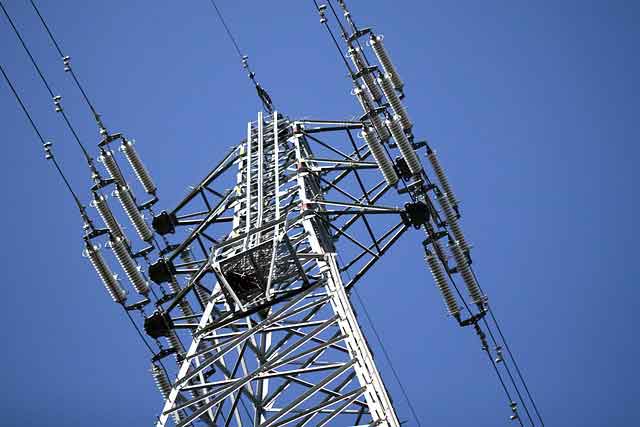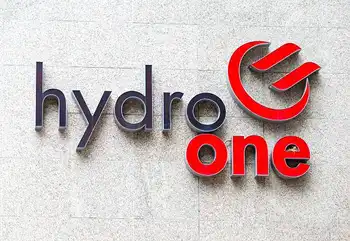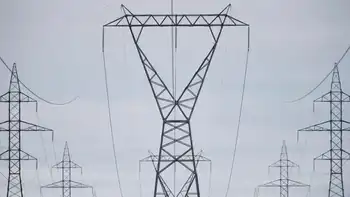Minnesota Signs Deal With Manitoba Hydro
WINNIPEG -- - The Minnesota Public Utilities Commission has unanimously approved a $1.7 billion power export deal with Manitoba Hydro.
It allows Minneapolis-based Xcel Energy to import power from Manitoba Hydro, despite the objections of aboriginal groups.
The 500-megawatt, 10-year deal was given the go-ahead.
It's an extension of an existing deal and will allow power to be exported until 2015.
Approval by Canada's National Energy Board is pending.
The Minnesota decision is a blow to the Pimicikamak Cree Nation of Cross Lake, Manitoba. They had asked the commission to first call a formal hearing into the social and economic impact of historic hydro development on their homeland.
Related News

Ford Threatens to Cut U.S. Electricity Exports Amid Trade Tensions
OTTAWA - Ontario Electricity Export Retaliation signals tariff-fueled trade tensions as Doug Ford leverages cross-border energy flows to the U.S., risking grid reliability, higher power prices, and escalating a Canada-U.S. trade war over protectionist policies.
Key Points
A policy threat by Ontario to cut power exports to U.S. states in response to tariffs, leveraging grid dependence.
✅ Powers about 1.5M U.S. homes in NY, MI, and MN
✅ Risks price spikes, shortages, and legal challenges
✅ Part of Canada's CAD 30B retaliatory tariff package
In a move that underscores the escalating trade tensions between Canada and the United…




